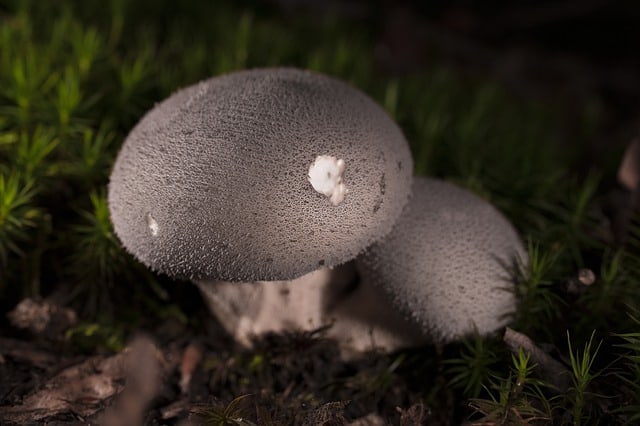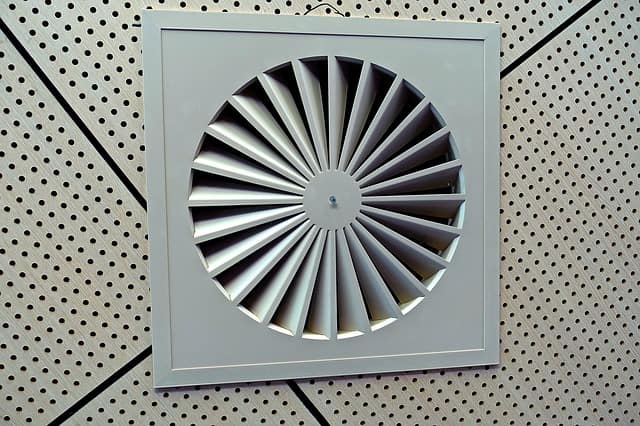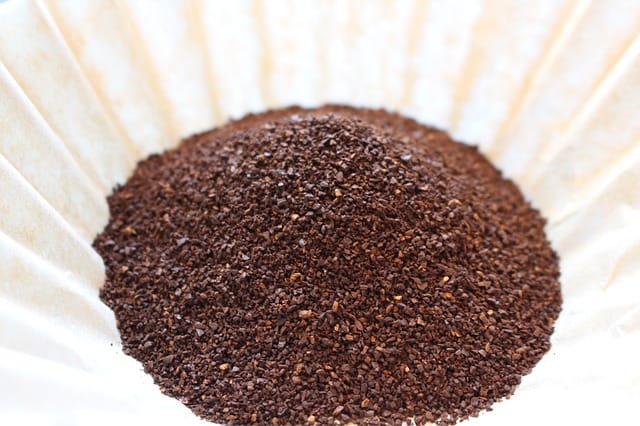In most cases, mulching is going to be the best option. A mulching mower reduces those leaves to pieces the size of dimes and as a result, they quickly decompose while feeding your lawn useful nutrients that will boost growth noticeably in a very short time – except for the first mow of spring, when you should bag and let your lawn revitalize in full sunlight.
Today we’ll answer the questions that everyone wants the answers to when it comes to dealing with those troublesome leaves in the yard. We’ll go over mulching, what leaves can do in unattended piles, when raking is bad, and more. Let’s look at what you need to know about leaves!
Are leaves worth mulching?
Definitely! Leaves make for an excellent mulch in any season, so mulching leaves is definitely worth your time. If you have a mulching mower or a mulching kit installed, this can do the work for you quickly as you mow normally, or you can pile the leaves and run them over a few times with your standard mower and bag them or spread them around a bit with a rake.
However you go about it, leaves provides excellent nutrients for your lawn!
What is the best way to dispose of leaves?
You’ve got a few options at your disposal when it comes to getting rid of leaves. While mulching is best, you can also bag them, you can pile the leaves and burn them (where local allow law allows this), or if there are woods behind your home, you can even use a leaf blower and simply blow the leaves back there, where they will act as natural fertilizer.
How long does it take for mulched leaves to decompose?
That depends on what you do with them. Composting is best and has the shortest decay period, which will be approximately 3 to 6 months in your compost heap. Barring this, if you simply leave them outside, then it will take quite a bite longer – up to a year in some cases if the environment is overly moist.
Can you mulch too many leaves?
There has been a lot of research on the subject and leaves don’t appear to be harmful to your yard, even in winter. There is a caveat, however, and that is that you should spread them about as evenly as possible and try to target no more than 20% of the turf.
While mulched into tiny pieces, leaves are unlikely to harm your yard, but they might well attract insects if the mulch piles are a bit too high.
Should I bag or mulch first mow of the season?
For the first mow of the season, it’s a good idea to skip mulching and wait to do so until you are mowing a second time. The first time that you mow, your plants are still revitalizing themselves, and waiting to mulch helps to ensure that they get plenty of sunlight while they rejuvenate following the sold of winter.
Mulch can reduce the amount of sunlight received while your grass is struggling, so it’s better to wait until the second mow.
What is the best way to mulch leaves?
The best way to mulch leaves in your lawn is going to be a mulching mower or a standard mower that has been converted with a mulching kit. Barring this, you can run over the leaves multiple times, but it will take you a bit longer.
This makes a mulching kit an excellent investment, as you can still bag or use side discharge, or simply mulch and fertilize as you go. It saves a lot of time when you have to deal with those leaves, so it’s well worth consideration.
What happens if you don’t clean up leaves?
While your yard will be okay, leaves left close to your building or simply out in the lawn can end up with fungal growth, and this can be damaging to the building and to other items in the yard.
At the very least, it’s a good idea to rake them into piles and to stir these piles every now and again so that the leaves dry, instead of creating a moist environment where fungus may thrive.
Should you mow over leaves?
Yes. If you don’t have a mulcher, a good rule of thumb is to mow over leaf piles until the leaves are cut to at least 50% of their size, though more is even better. This helps them to decompose more quickly and because of this, they will fertilize the lawn instead of becoming a risk for fungus.
Why raking leaves is bad?
If you have woods behind your home, be careful with leaf piles that are close to the trees. In some cases, raking can be bad, as leaf piles are home to an assortment of creatures, such as toads, box turtles, chipmunks, salamanders, and more.
It is better to simply focus on mowing the areas directly on your lawn as neatly as possible and to leave those outlying leaf piles alone.
Should you clear fallen leaves from flower beds?
If your plants are having issues with mildew, leaves may well be the culprit, so you can try removing them to see if this helps. It is generally a good practice, as ignoring the leaves can lead to more dense concentrations, which in turn contribute to the chances of overwintering or exposure to diseased spores.
Should you rake leaves in the spring?
You can wait until spring, but it’s not a good idea. Thick piles of leaves that take up more than 20% of the turf can be problematical, as at this point, they are blocking sunlight, likely growing fungus, and prone to attractive wildlife that might be pleasant or might be quite the opposite.
Preventive maintenance year-round when it comes to excess leaves is always the best policy when it comes to avoiding potential pitfalls.
Is it better to rake or leave leaves?
A few leaves are okay, but if you let them pile up then eventually, they can become problematical. If you absolutely hate raking, you might try just raking every other mow to reduce the amount of overall raking. Left untouched, they can hinder sunlight and slow the growth of cold season grasses, so it’s better to manage them while they are still in small numbers.
Is mulching leaves bad for your grass?
No! Mulched leaves provide excellent nutrients as they decompose and these are excellent for your grasses. Grass grows thicker, with fuller blades, and more vibrant color when you take advantage of the fallen leaves and make a little mulch. It’s well-worth the time it takes when you see the effects on your lawn!
Hi, I’m John Stephens, chief editor and writer for Totalgardener.com. I’ve been gardening and raising animals for over 15 years starting with a small backyard plot in Northern Virginia where I grew corn, potatoes, squash, and using a high mulch technique called the Ruth Stout Method. I also raised ducks and small mammals for meat and eggs in a movable pen similar to the ones used by Joel Salatin. I later moved to Colorado where I experimented with growing greens using aquaponics inside. I eventually added a microgreens setup and home sprouting operation. I’m excited to share everything I’ve learned plus more from the other local gardening and animal raising experts I know.



